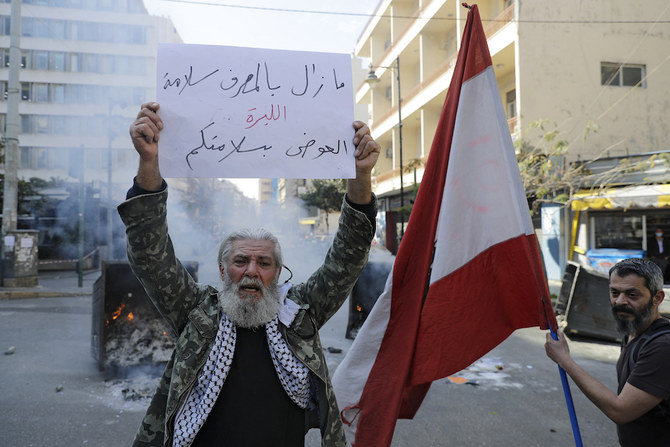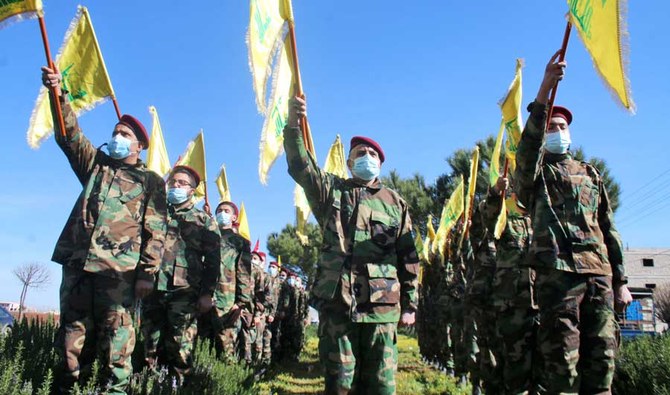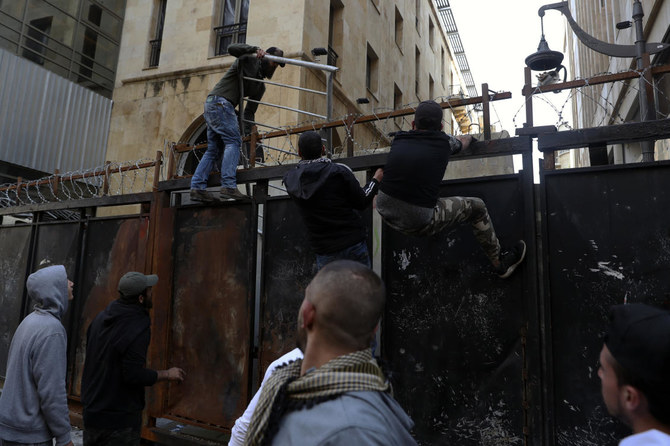
By CORNELIA MEYER — Arabnews.com — LONDON: Over the past two weeks the Lebanese pound has lost more than 20 percent of its value against the dollar on the black market. Since October 2019 the exchange rate has plummeted by 90 percent, affecting everyone in the country. These numbers are stark. On March 16 three money changers told the AFP news agency they were buying dollars for 14,800 to 14,900 Lebanese pounds. The currency is pegged to the dollar and the official rate is set at 1,507.5 pounds to one dollar. However, dollars are generally unavailable at the official rate because of the economic crisis, which is why black-market rates apply. In 2020, Lebanon was the fourth most-indebted country in the world behind Japan, Greece and Eritrea. In March last year, the country defaulted on its international debt for the first time in its history. Since then, there have been no economic reforms and no payment plans agreed.
The situation is exacerbated by the banking crisis and the effects of the pandemic. The nation’s banks face bankruptcy, having lent up to 70 percent of their assets to an insolvent state and central bank. The country has lost its creditworthiness and is resorting to printing more, increasingly worthless, money which is further fueling inflation. The depreciation of the pound resulted in staggering inflation of 84 percent in 2020. To make matters worse, food inflation stood at 402 percent. Meanwhile Lebanon’s gross domestic product contracted by 25 percent last year. The World Bank estimates that 50 percent of Lebanon’s population has slipped below the poverty line, which is mind-boggling in a country that 60 years ago was known as the “Switzerland of the Middle East.” The economic situation is worse now than it was during the civil war in the 1970s and 1980s. What we see in Lebanon is a classic vicious circle: the worse the economy gets, the more the currency depreciates and vice versa. The numbers reflect a defunct economy.







